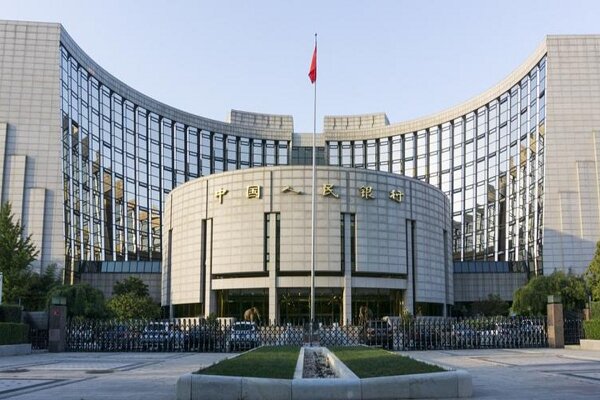
Similar Posts
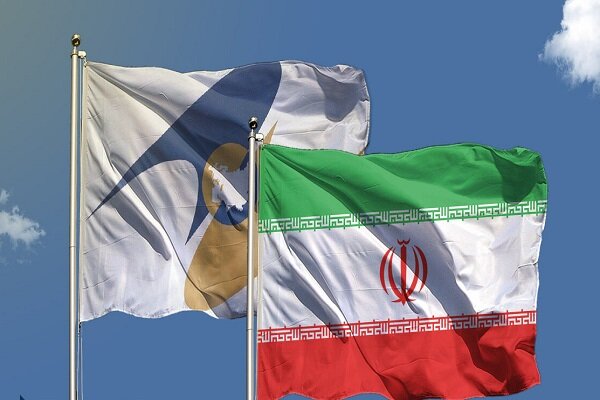
Iran’s Free Trade Agreement with EEU Set to Launch in May: A New Era of Economic Cooperation
The Eurasian Economic Commission has announced the implementation of a Free Trade Agreement (FTA) aimed at enhancing trade among Belarus, Kazakhstan, Russia, Kyrgyzstan, and Armenia, projected to reach $12 billion. Iran, as an observer state, is also involved, with President Masoud Pezeshkian recently signing the agreement into law. The FTA will eliminate tariffs on over 80% of traded goods, promoting smoother trade relations and reducing costs for consumers. This strategic partnership seeks to bolster Iran’s exports and diversify its trade relationships amidst global economic uncertainties, ultimately fostering greater regional economic integration and cooperation.
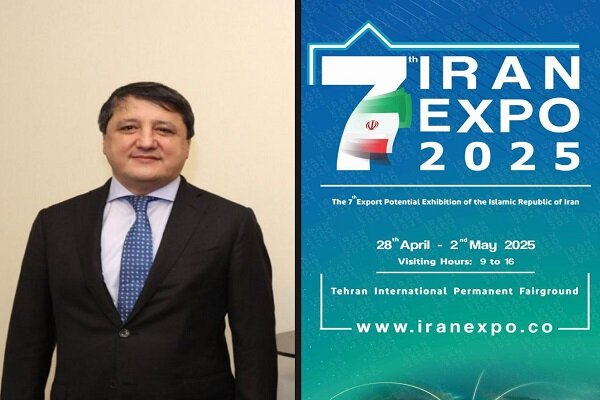
Tajikistan’s Minister Lands in Tehran to Showcase Innovations at Iran EXPO 2025
The Iran Export Capabilities Exhibition (Iran Expo 2025) will take place in Tehran from April 28 to May 2, attracting over 2,500 participants from over 100 countries. A Tajik delegation, led by Minister Sherali Kabir, will engage in discussions with Iranian officials to strengthen bilateral economic ties through joint ventures, trade agreements, and investment opportunities. The exhibition aims to showcase Iran’s export potential and provide networking opportunities, workshops, and seminars. With expectations high for fruitful outcomes, Iran Expo 2025 is positioned as a key platform for enhancing collaboration between Iran and Tajikistan.
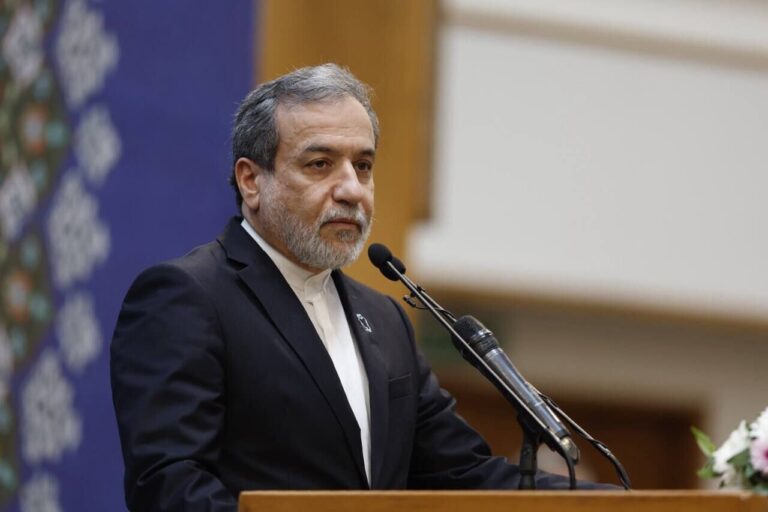
Iran-Russia Partnership Agreement: Araghchi Highlights Key Insights and Future Prospects
The recent Comprehensive Strategic Agreement between Iran and Russia marks a significant advancement in their bilateral relations, focusing on economic cooperation and extending to various sectors. Key areas include trade, investment, tourism, transportation, and energy, aiming to enhance market access and mutual business opportunities. The agreement also emphasizes cultural exchange, judicial cooperation, and strengthened parliamentary ties. Iranian officials express optimism about this long-term partnership, which is expected to bolster Iran’s regional position and economic resilience. This agreement reflects evolving international dynamics and could serve as a model for future collaborations, promising mutual growth and prosperity for both nations.
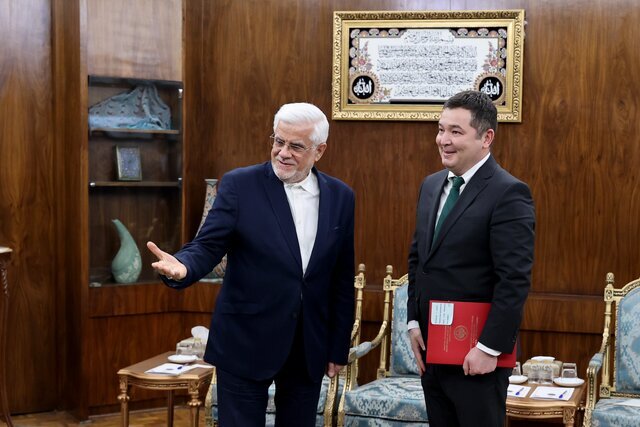
Iran and Kyrgyzstan: Boosting Trade Volume is Within Reach, Says Aref
Iran’s First Vice President, Mohammadreza Aref, underscored the significance of the free trade agreement with Eurasian countries during a meeting with Kyrgyzstan’s Minister of Economy, Sydykov Bakyt Tolomushevich. Aref emphasized the need to remove trade barriers and expressed readiness to collaborate in exporting technical and engineering services and technology transfer. Both leaders are optimistic about enhancing economic relations, especially with the upcoming 14th Joint Commission meeting, which is expected to facilitate deeper cooperation. Their discussions reflect a commitment to fostering bilateral and multilateral ties, paving the way for expanded economic opportunities in the region.
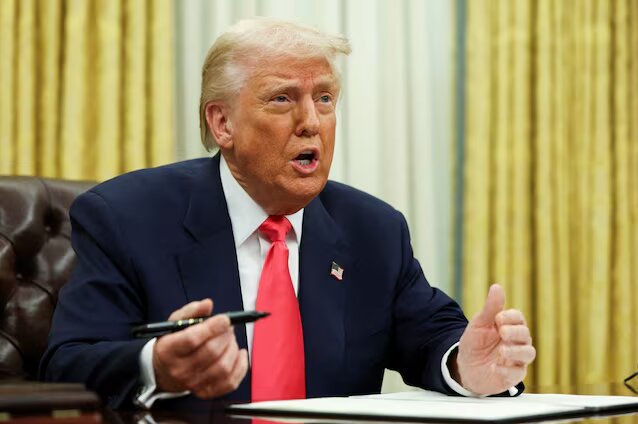
Global Backlash: Trump’s Tariffs Spark Outrage Worldwide
Australia faces a significant challenge with a new 10% tariff on all exports to the US, announced by former President Donald Trump due to perceived trade barriers, particularly Australia’s biosecurity laws. Prime Minister Anthony Albanese condemned the tariff as “totally unwarranted,” asserting it undermines US-Australia relations, but stated Australia would not retaliate. The tariff, which serves as a baseline compared to steeper tariffs on other countries, coincides with a crucial election campaign focused on cost of living issues. Opposition leader Peter Dutton warned of its negative impact on jobs and economic stability, highlighting concerns about diplomatic relations between the two nations.
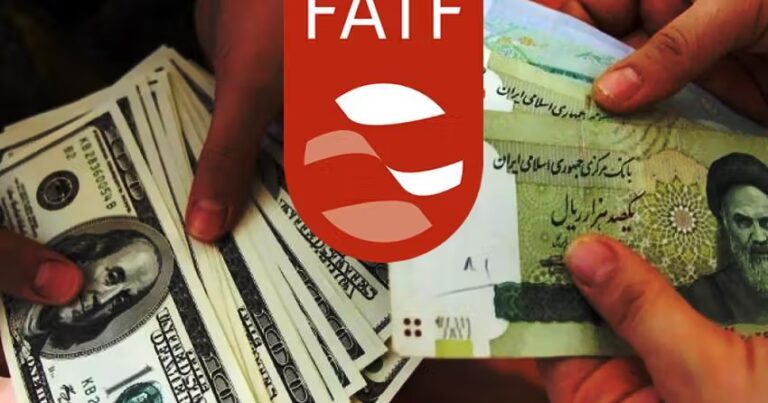
Iran Hardliners Resist FATF Accession Amid Fears of Sanctions Risks
Over 150 hardline Iranian lawmakers have urged the Expediency Council to block Iran’s accession to the Countering the Financing of Terrorism (CFT) and Palermo conventions, which are vital for Financial Action Task Force (FATF) compliance. They expressed concerns over the snapback mechanism, allowing UN sanctions to be reimposed under the 2015 nuclear deal until 2025, fearing it could lead to severe economic penalties. Despite discussions on conditional approval to facilitate international financial integration, hardliners resist reforms, viewing them as threats to national sovereignty. This internal political struggle highlights the complexities of aligning with global financial standards while managing domestic pressures.